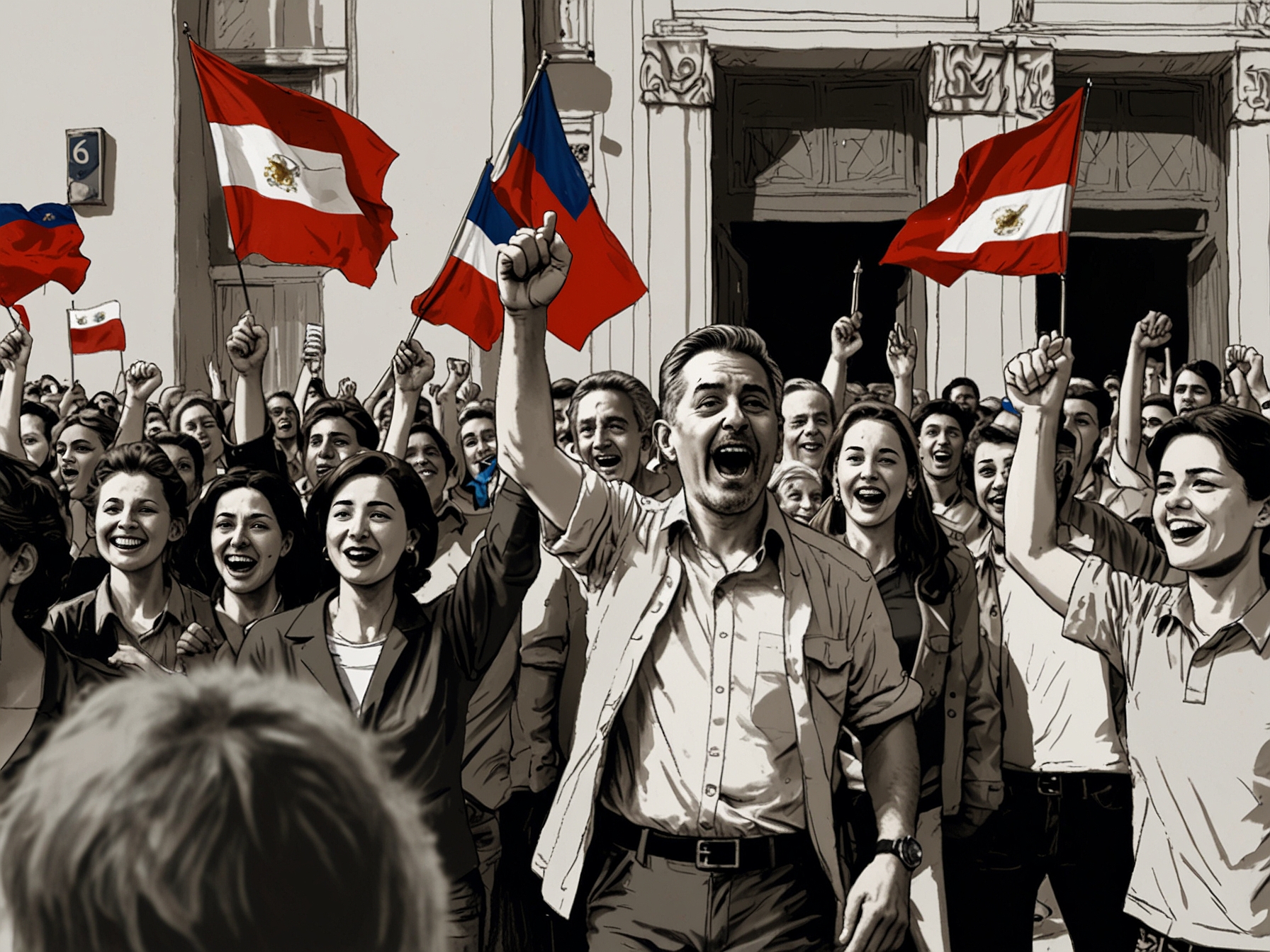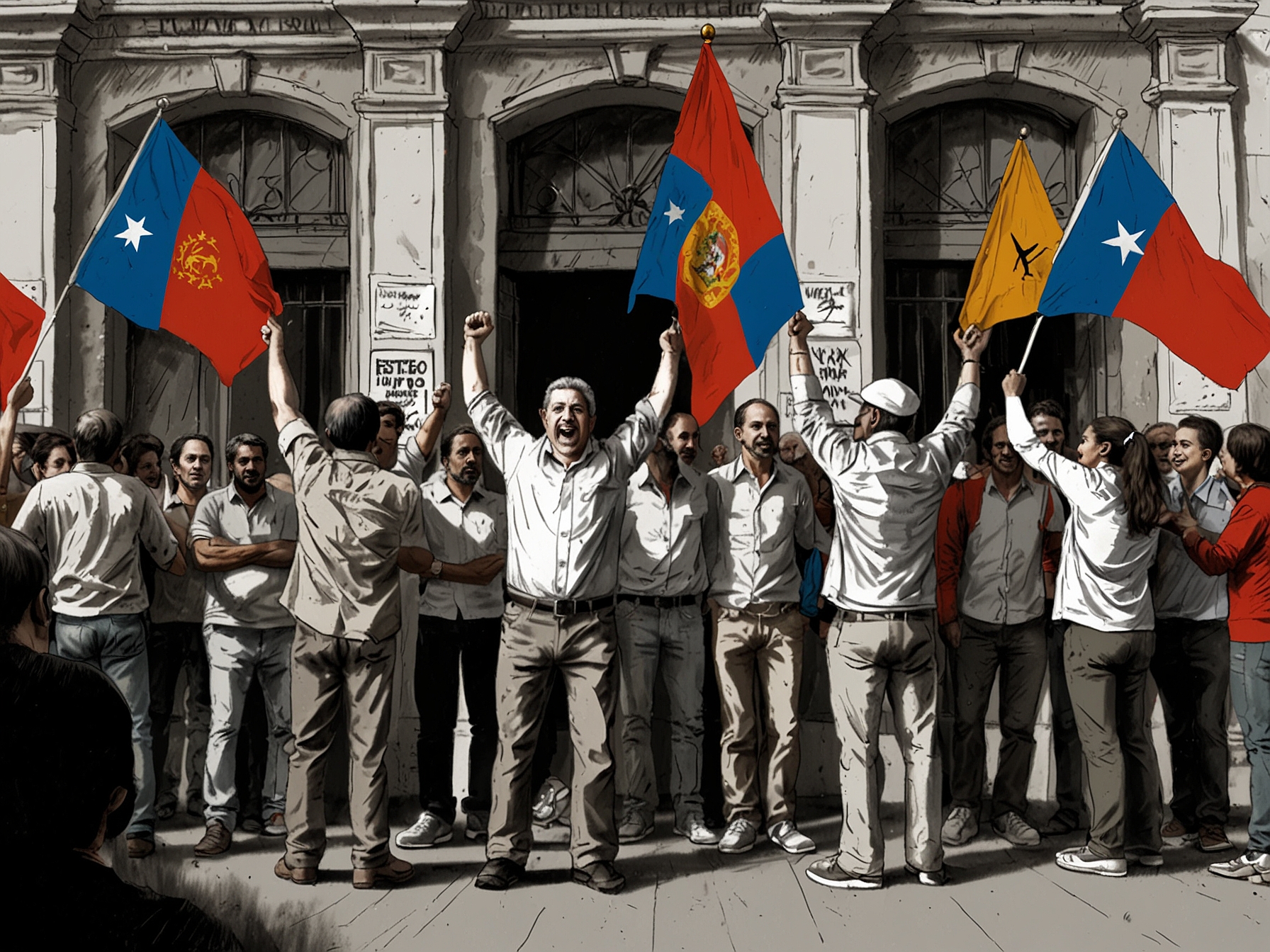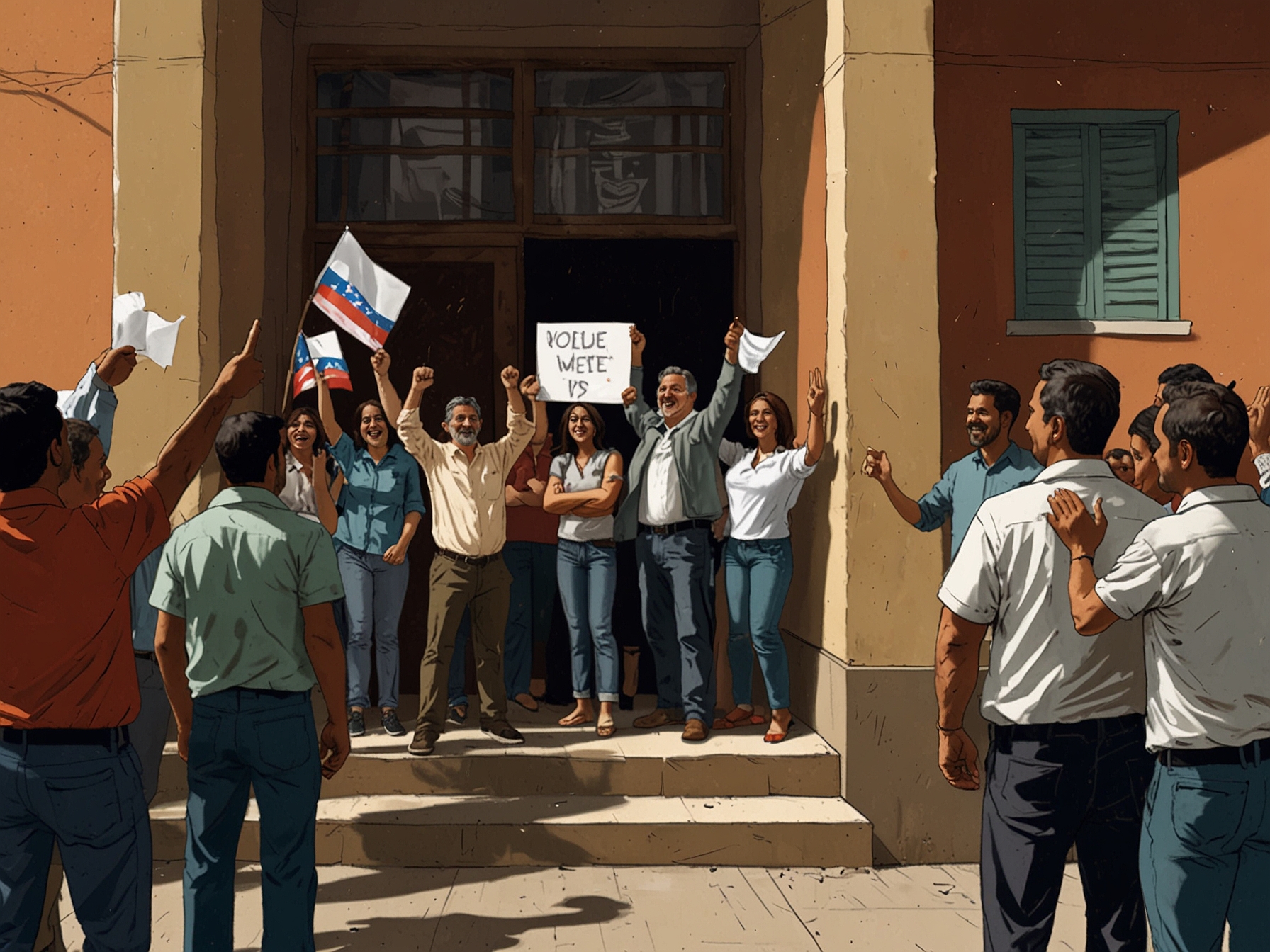Claudio Orrego’s path to victory
In a surprising turn of events, Claudio Orrego has emerged victorious in the gubernatorial elections of Santiago. Securing 55% of the votes, Orrego, the independent centre-left candidate, has indicated a preference for collaboration over division. What does this mean for the political landscape of Chile? In an era rife with divisiveness, Orrego’s success represents a rare moment where moderation trumps polarization. He emphasized a focus on the needs of the people rather than political grudges.
Orrego’s win isn’t just a triumph for him, but possibly a reflection of what Chileans seek—shared solutions amidst contention. The political scene has been filled with challenges, and voters expressed a desire for leaders who provide concrete ideas and actions. For many, Orrego’s election feels like a sigh of relief in a climate thick with tension and animosity. Could this be a new dawn for Chilean politics?

The independent candidate garnered more than two and a half million votes. His impressive reign began in 2021, positioning him as a familiar face for voters in a changing landscape. The support from ruling party mayors played a critical role in his campaign, particularly the influential Tomás Vodanovic, who led initiatives that resonated with the public. Was this coalition the secret sauce for Orrego’s success?
The landscape of Santiago
The Metropolitan Region, often referred to as the ‘mother of all battles’ in Chilean politics, had several key elections happening over the weekend. Santiago, being the most populated area, serves as a litmus test for broader sentiments across the nation. Voters evaluated potential candidates from various angles, and with 11 governors decided, the atmosphere buzzes with excitement and uncertainty.
Valparaíso also saw success with independent Rodrigo Mondaca, who claimed 62% against right-wing contender María José Hoffman. The fall of a traditional right-wing candidate raises questions about the shifting political wind in Chile. As Santiago embraces change, might other regions follow suit? Each election invites conjecture and hope, a much-needed breath of fresh air.

Orrego has a long-standing history in politics, opting to leave the Christian Democrats to run independent. Meanwhile, his opponent, Francisco Orrego, despite losing, managed to inspire many along the way. How much of an impact did the personal touch of his campaign make—was it genuine outreach, or effective strategy?
Voices from the election
Claudio Orrego addressed the results, stating emphatically that this was not just a verdict on government policies but an affirmation of community goals. “Today moderation has won over polarization,” he declared. It’s a powerful statement in an age where anger often overshadows calm dialogue. Many residents of Santiago might feel ready for a shift towards collaboration, eager to foster a cohesive community spirit.
On the other hand, Francisco Orrego, despite his defeat, expressed gratitude and hope. “We campaigned full of hope and today I have this smile on my face,” he said, underscoring the importance of community and connection during the election. The affection he felt from voters invigorated them, signaling that the journey is far from over. So, how do both leaders move forward in their political journey?
What comes next in Chile?

As President Gabriel Boric reflected on the elections, highlighting that unity and dialogue were the clear winners, many ponder what this means for governance in Chile moving forward. The emphasis on experience and tangible solutions resonates deeply. It seems that Chileans are tired of empty rhetoric. They’re yearning for leaders who can implement change more effectively.
In an environment that often feels strained and combative, Orrego’s approach could signify a shift in how politics is perceived in the nation. Can this victory transform Santiago and beyond? It certainly raises the question of whether this trend of independence will continue to manifest in future elections. In a world where division often stirs up resentment, could moderation be the leading philosophy for a united future in Chile?
Conclusion
The gubernatorial elections not only showcased Orrego’s strengths but also revealed the desires and dreams of the Santiago populace. As we witness the unfolding chapters of Chilean governance, the call for unity and constructive dialogue becomes more crucial. The road ahead may not be simple, but perhaps this new political landscape offers hope for a more collaborative future.




